Most gardeners dread Japanese beetles as this pest can completely destroy a harvest in no time flat. There are over 300 types of plants that beetles will eat and can destroy leaves, flowers, and overripe or wounded fruit quickly.
They feed in masses can result in serious plant damage. If your plants are struggling with this pest, this post will recommend some effective and safe ways to deal with it.
Here is the list of 9 Natural Ways To Repel Japanese Beetles From The Garden so they’re not destroying your harvest. These ways are a great solution for those who don’t like to use synthetic chemicals at all, especially on food.
These ways are easy to make in your garden and give good results, just as long as you consistently apply them, we believe your garden will give you a bountiful harvest next time. Let’s try right now to see positive changes in your garden.
#1 Cedar Oil
 Image Credits: Womansworld
Image Credits: Womansworld
You can use cedar oil to spray on roses to keep Japanese beetles away.
How to make: Place 3 one-foot-long red cedar plants in a two-gallon bucket. Pour hot water on top of the plants and let them sit for 24 hours. Let it cool and pour the liquid into a spray bottle, and spray your plants liberally.
#2 Neem Oil
 Image Credits: Medicinenet
Image Credits: Medicinenet
Neem oil messes with beetle hormones and keeps them from feeding and reproducing. Also, it is effective to keep leafhoppers, tomato hornworms, and grasshoppers away. You simply dilute the oil in water and pour it into the soil.
For the best result, spray plants often and liberally. You can mix 2 teaspoons of neem oil with a quart of water and a drop of dish soap, then spray it directly on affected plants. Apply in the early morning or late evening to avoid sunburn. Reapply every few days or after rain for continued protection.
#3 Diatomaceous Earth
 Image Credits: Azom
Image Credits: Azom
Using Diatomaceous earth (DE) is one of the best ways to kill Japanese Beetles and other pests such as ants, snails, and slugs.
How to use: Sprinkle DE in the soil around your plants and the foliage wherever you see beetles. The powder gets under the shells and dehydrates the beetle.
#4 Plant Deep-rooted Grass
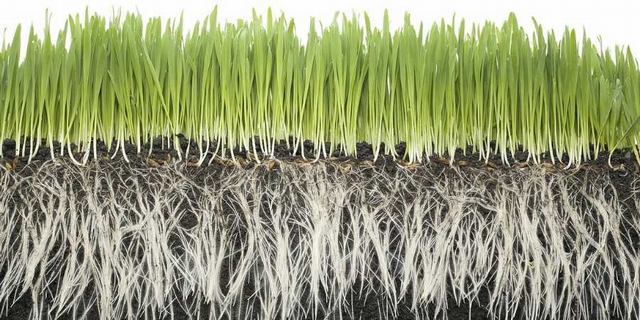 Image Credits: Milorganite
Image Credits: Milorganite
You can outsmart Japanese beetles by choosing plants that naturally disrupt their breeding cycle, and deep-rooted grasses do just that.
These types of grass form dense root systems that make the soil less inviting for beetle larvae to hatch and grow. Tall fescue or native prairie grasses are excellent choices, especially in areas where grubs are a recurring problem.
You won’t just be repelling pests, you’ll also be improving drainage and enriching the soil at the same time. Once established, these grasses require little water and give your garden a lush, low-maintenance edge.
#5 Pick By Hand
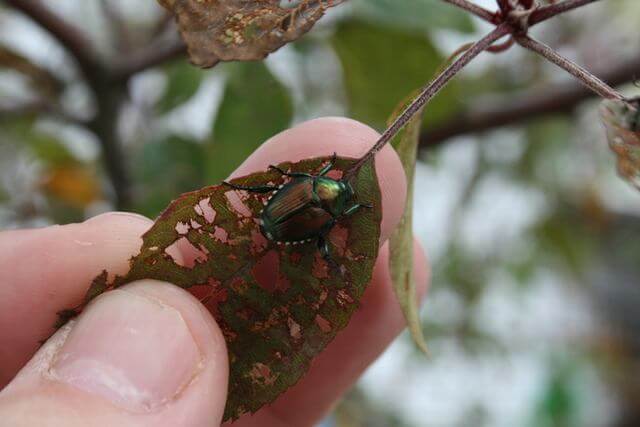 Image Credits: Blogskstate
Image Credits: Blogskstate
If your plants have a few bugs, you can handpick them right from your plants. You’ll have the best luck catching Japanese beetles early in the day when they’re slow and sluggish.
Just grab a small bucket of soapy water and flick them right in, no squishing needed. This method works best if you check daily during peak beetle season. It may take some time, but it’s incredibly satisfying to see those numbers drop.
#6 Growing The Right Plants
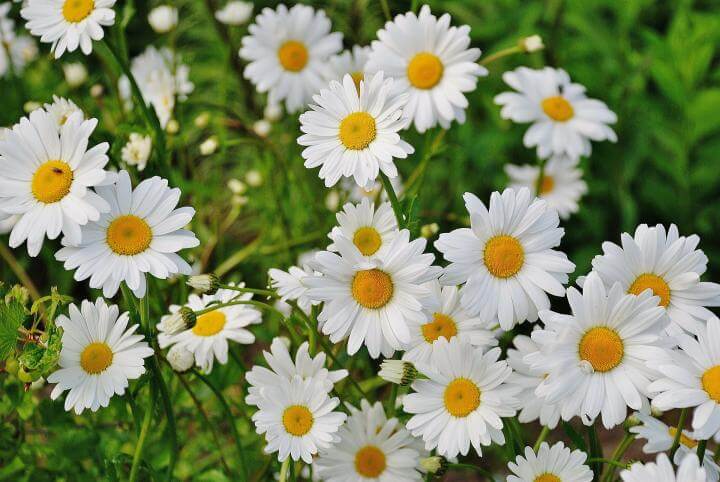
Image Credits: Almanac
There are some plants that deter Japanese beetles, and planting these will help keep beetles away.
You can grow this list below: Yarrow, Garlic, Leek, and chives, Columbine, Begonia, River birch, Cabbage, Kale, Flowering dogwood, Foxglove, Fig, Ash, Gardenia, Juniper, Lantana, Sweet pea, Daisy, Catmint, Pany, violet, Pear.
#7 Companion Planting
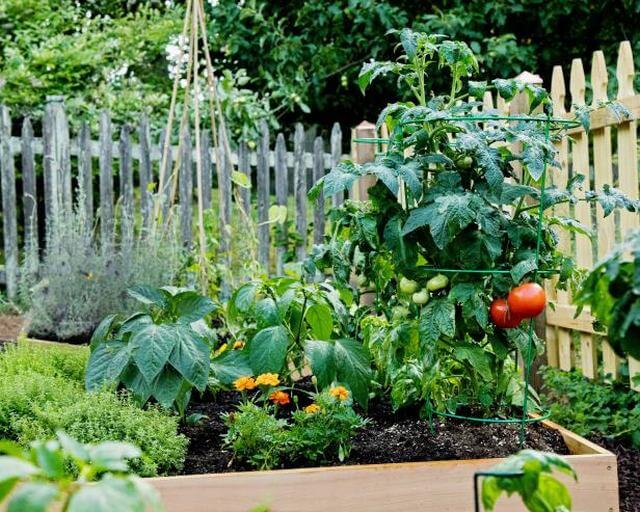 Image Credits: Hgvt
Image Credits: Hgvt
You can naturally send Japanese beetles packing by getting clever with your plant pairings.
Certain flowers and herbs like marigolds, garlic, or catnip release scents that beetles can’t stand, making them perfect neighbors for your vulnerable veggies.
In the image, you’ll spot tomatoes thriving alongside deterrents like marigolds and basil, which act as both protectors and pollinator magnets. Companion planting doesn’t just repel pests, it also boosts crop yields and supports soil health.
#8 Vacuum
 Image Credits: Which
Image Credits: Which
You may not expect your vacuum to help with garden pests, but it’s surprisingly effective against Japanese beetles during peak infestations.
Early in the morning, when beetles are slow-moving, a quick sweep with a handheld vacuum can remove large numbers from plants before they do damage.
Just be sure to empty the canister into a bucket of soapy water to prevent any from crawling back out. This method is chemical-free, safe around pets and kids, and gives you instant results.
#9 Use Nematodes
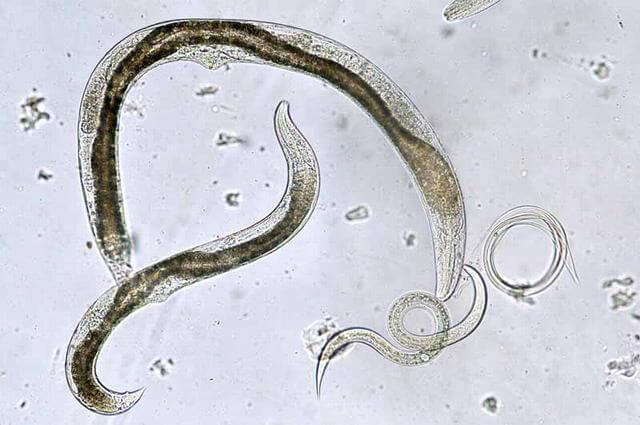 Image Credits: Gardenerspath
Image Credits: Gardenerspath
You can introduce beneficial nematodes into your soil to target Japanese beetle larvae before they become adults. These microscopic worms seek out and destroy grubs underground, breaking the life cycle right at the root, literally.
Simply mix them with water and spray them over moist soil in the early morning or evening. They’re completely safe for plants, pets, and people, making them a smart long-term solution.
Just remember: nematodes need moisture to thrive, so regular watering helps them work their magic.
